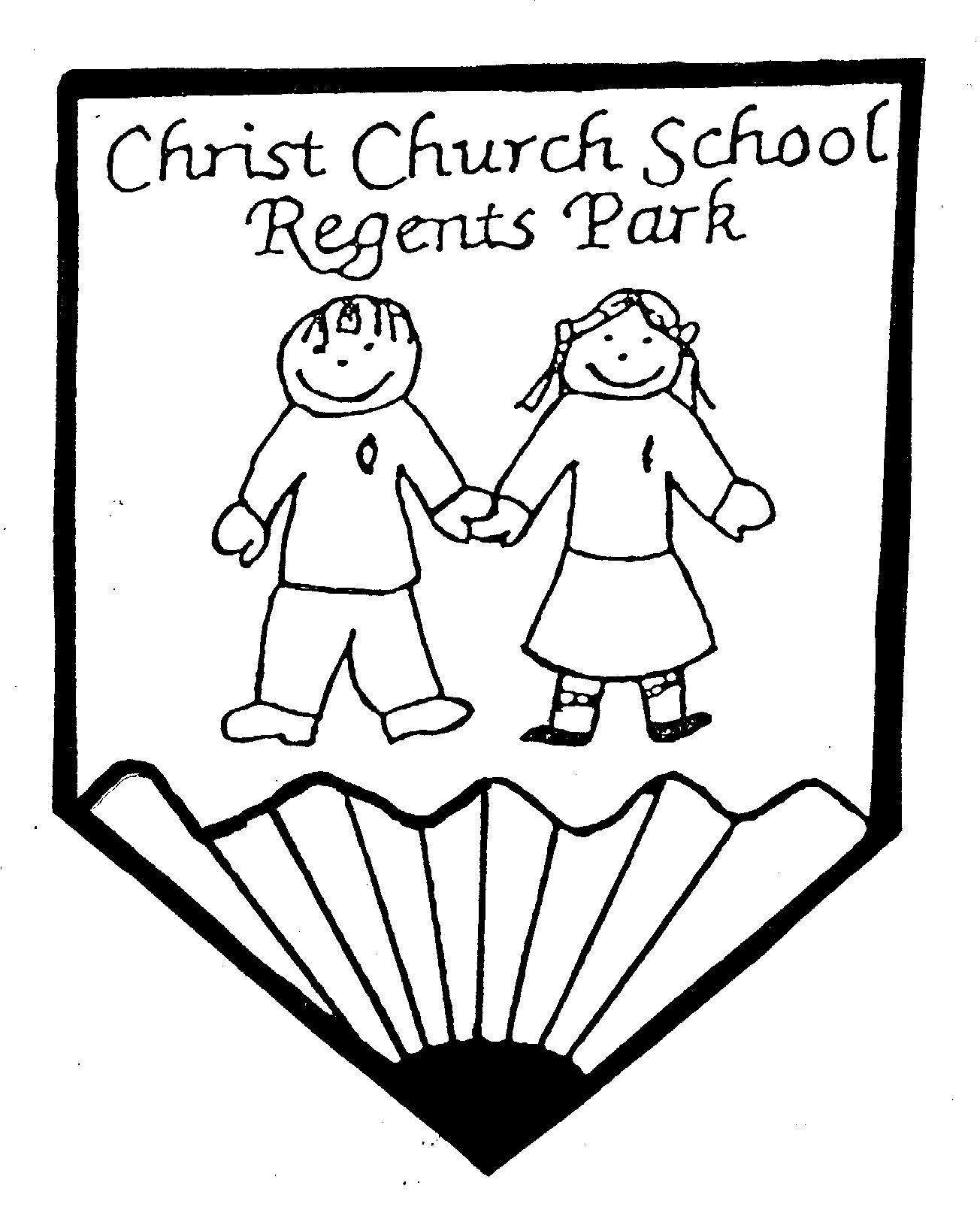Computing
The Christian faith is at the heart of our school community.
At Christ Church we all care, learn and work together for God and others.
‘For we are all God’s handiwork, created in Christ Jesus to do good works, which God prepared in advance for us to do’. Ephesians 2:10
Our Christian Values are
Creation, Community, Wisdom, Endurance, Thankfulness, Reconciliation
Curriculum Intent
Technology is becoming an every day part of life. We want the children at Christ Church to become competent users of technology who are aware of the risks involved and endeavour to be safe online.
In line with the 2014 National Curriculum for Computing, our aim is to provide a high-quality computing education which equips children to use computational thinking and creativity to understand and change the world. The curriculum will teach children key knowledge about how computers and computer systems work, and how they are designed and programmed. Learners will have the opportunity to gain an understanding of computational systems of all kinds, including; computers, iPads and interactive whiteboards.
By the time they leave Christ Church, children will have gained key knowledge and skills in the three main areas of the computing curriculum: computer science, information technology and digital literacy. The objectives within each strand support the development of learning across the key stages, ensuring a solid grounding for future learning and beyond.
Curriculum Implementation
At Christ Church, computing is taught weekly, either in class or in our school computing suite. Lessons are created by teachers based on the objectives from the Primary National Curriculum and the strengths and needs of the children. This ensures children are able to develop depth in their knowledge and skills over the duration of each of their computing topics. We work in close partnership with the CLC who deliver one or two computing workshops a year per class. This is an engaged day for the children who develop skills and knowledge from a trained computing professional.
We have an on-site computing suite and a class set of iPads to ensure that all year groups have the opportunity to use a range of devices and programs for many purposes across the wider curriculum, as well as in discrete computing lessons. Employing cross-curricular links motivates pupils and supports them to make connections and remember the steps they have been taught.
At Christ Church children are assessed in computing by teacher’s judgement during each weekly lesson. The implementation of the curriculum also ensures a balanced coverage of computer science, information technology and digital literacy. The children will have experiences of all three strands in each year group, but the subject knowledge imparted becomes increasingly specific and in depth, with more complex skills being taught, thus ensuring that learning is built upon. For example, children in Key Stage 1 learn what algorithms are, which leads them to the design stage of programming in Key Stage 2, where they design, write and debug programs, explaining the thinking behind their algorithms.
Curriculum Impact
At Christ Church learning in computing will be enjoyed across the school. Teachers will have high expectations and quality evidence will be presented in a variety of forms. Children will use digital and technological vocabulary accurately, alongside a progression in their technical skills. They will be confident using a range of hardware and software and will produce high-quality purposeful products. Children will see the digital world as part of their world, extending beyond school, and understand that they have choices to make. From research methods, use of presentation and creative tools and critical thinking, computing at Christ Church gives children the building blocks that enable them to pursue a wide range of interests and vocations in the next stage of their lives. They will be confident and respectful digital citizens going on to lead happy and healthy digital lives.
